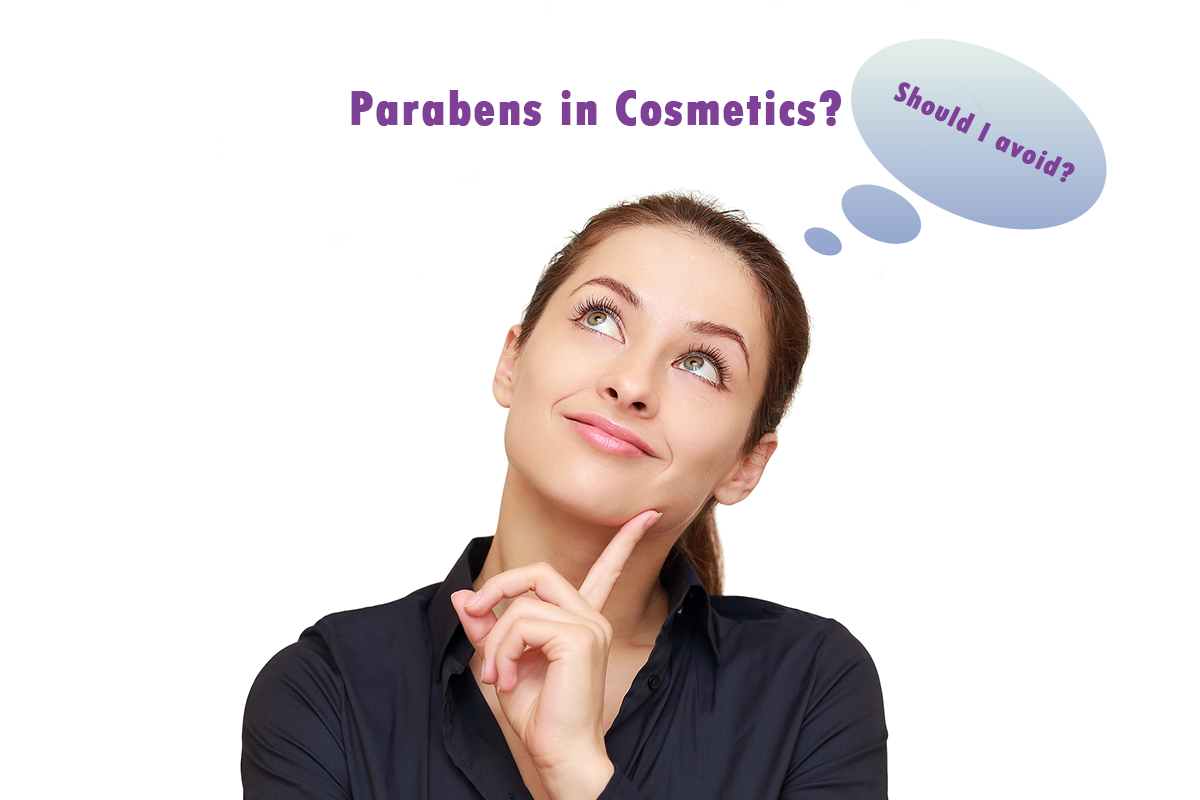
Parabens in Cosmetics: Safety, Skin Reactions, and FDA Regulations
What Are Parabens?
Parabens are a group of synthetic preservatives commonly used in cosmetics, skincare, haircare, and pharmaceutical products to prevent the growth of bacteria, mold, and yeast. They help extend the shelf life of products, ensuring they remain safe for consumer use.
Common types of parabens include:
- Methylparaben
- Ethylparaben
- Propylparaben
- Butylparaben
- Isobutylparaben
These ingredients are often listed on product labels and are found in moisturizers, shampoos, makeup, deodorants, and even some food products.
How Do Parabens Affect the Skin?
While parabens are effective preservatives, they have been a topic of controversy due to potential health and skin concerns.
- Some individuals may develop contact dermatitis (redness, itching, or swelling) from parabens, especially those with sensitive skin.
- Reactions are more common with higher concentrations or prolonged use.
- Parabens can mimic estrogen, potentially disrupting the endocrine system.
- Studies suggest a possible link to breast cancer and reproductive issues, though more research is needed.
- Some research indicates that parabens may increase skin sensitivity to UV rays, contributing to premature aging.
- People with eczema or rosacea may experience worsened symptoms due to paraben exposure.
Possible Skin Reactions
1. Skin Irritation & Allergic Reactions
2. Hormonal Disruption (Endocrine Disruption)
3. Skin Sensitivity & Premature Aging
4. Eczema & Rosacea Flare-Ups
FDA Regulations on Paraben Usage
The U.S. Food and Drug Administration (FDA) classifies parabens as Generally Recognized As Safe (GRAS) when used in limited amounts.
- Typically, parabens are used at 0.01% to 0.3% in cosmetic formulations.
- The European Scientific Committee on Consumer Safety (SCCS) has stricter limits, capping certain parabens (e.g., propylparaben and butylparaben) at 0.14% when used individually or in combination.
- The FDA states there is no conclusive evidence that parabens in cosmetics pose significant health risks at current usage levels.
- However, they continue to monitor new research and may update regulations if needed.
Allowed Concentration:
FDA Stance:
Should You Avoid Parabens?
While parabens are considered safe in small amounts, some consumers prefer paraben-free products due to:
- Concerns about long-term exposure and hormone disruption.
- Sensitive skin or a history of allergic reactions.
Paraben-Free Alternatives
Brands now use alternative preservatives like:
- Phenoxyethanol
- Potassium sorbate
- Benzyl alcohol
- Natural preservatives (e.g., rosemary extract, grapefruit seed extract)
Conclusion:
Parabens are widely used preservatives that help keep cosmetics safe from microbial contamination. While the FDA deems them safe in low concentrations, some individuals may experience skin irritation or prefer to avoid them due to potential health concerns. If you have sensitive skin or prefer a more natural approach, look for paraben-free products and always patch-test new skincare items.
Important Notice: The information provided in this article is for educational and informational purposes only and is not intended as medical, dermatological, or regulatory advice.
- Consult a Professional: If you have sensitive skin, allergies, or health concerns, consult a dermatologist or healthcare provider before changing your skincare routine.
- FDA Regulations: Cosmetic safety guidelines (including paraben limits) may vary by country. Always check the latest updates from official sources like the FDA, EWG, or SCCS.
- Individual Reactions: Not everyone experiences side effects from parabens. Patch-test new products and discontinue use if irritation occurs.
- Research Limitations: While studies on parabens are ongoing, this article reflects current knowledge as of its publication date.
Disclosure: As an Amazon Associate, We earn from qualifying purchases. Product prices and availability are accurate as of the date/time indicated and are subject to change.
Lactic Acid
HERE
LEAVE A REPLY
Your email address will not be published. Required fields are marked *
Fast Delivery
Across West & East India
safe payment
100% Secure Payment
Online Discount
Add Multi-buy Discount
Help Center
Dedicated 24/7 Support
Curated items
From Handpicked Sellers





LEAVE A COMMENTs
Mary Patrick
"Finally, a balanced article on parabens! Most blogs just scare-monger, but you explained the science AND the FDA’s stance. Thank you!"
Debby Happe
"I’m still not convinced parabens are safe long-term. Why risk it when there are paraben-free options?"
Davina David
"Can you share the studies linking parabens to hormone disruption? I’d love to read the primary sources."